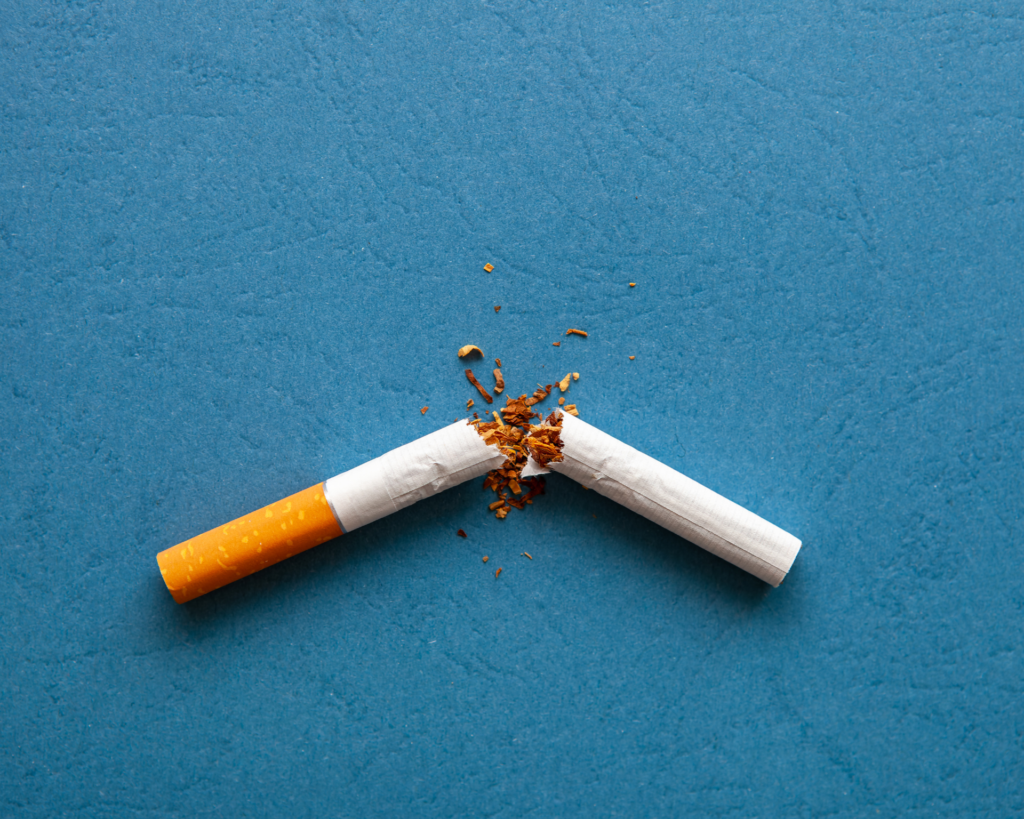What Do College Students Know About Hookah?
Hookah smoking is rising among college students who report it helps deal with stress. However, they may be less knowledgeable about the health risks of hookah.

Read Time: 3 minutes
Published:
“Smoking a nargile is nothing like smoking a cigarette. Cigarettes are for nervous people, competitive people, people on the run. When you smoke a nargile, you have time to think. It teaches you patience and tolerance, and gives you an appreciation of good company,” pensioner Ismet Ertep told Stephen Kinzer when interviewed for The New York Times about the pleasures of hookah smoking.
Nargile is another word for hookah. Hookahs are water pipes used to smoke certain types of tobacco. The tobacco used is commonly called shisha and comes in a wide variety of flavors, such as coconut, mango, and mint.
Hookah is several hundred years old, though there are conflicting reports of where it originated. In parts of the Middle East and Asia, smoking hookah is a social activity.
In recent years, hookah has become popular with young people in the US, as hookah bars and cafés have become more prevalent in larger cities and college towns. Hookah smoking is rising among college students who report it helps deal with stress. Many smoke simply for enjoyment with friends or at parties.
A recent study published in the Journal of Community Health assessed college students’ attitudes and knowledge about hookah use at a large public Midwestern university.
Over half (53.8%) of the respondents reported having ever smoked hookah, and nearly 9% of respondents reported smoking hookah within the last 30 days.
Answering a series of true or false questions, over 80% of study participants believed that infections can be spread through a hookah pipe (which is commonly passed from person to person when smoked in a group setting). Indeed, since hookah pipes may not be cleaned properly, and they often are not cleaned as people in a group share, herpes and other infectious diseases can be spread from person to person.
Around 77% reported that hookah carries the same risk as smoking, but over 70% also reported, incorrectly, that it is a “safe alternative to cigarettes.” Bradley Fevrier, lead author of the study, told PHP that “although there is a consensus as to the potential health risks of hookah, there is still a lack of the fundamental understanding of these risks,” which could explain these seemingly contradictory results.
The researchers also found that respondents were less knowledgeable about other health risks of hookah. Only about half understood that smoking hookah was addictive. Hookah contains nicotine, which means it has the potential to lead to tobacco dependence.
Fevrier emphasized, “It is imperative that health educators and health professionals are educated and provided with appropriate advice to limit hookah use. Policymakers and health providers can use the results of this study to design and inform prevention messages for college students and other populations.”
Feature image: serezniy/iStock



